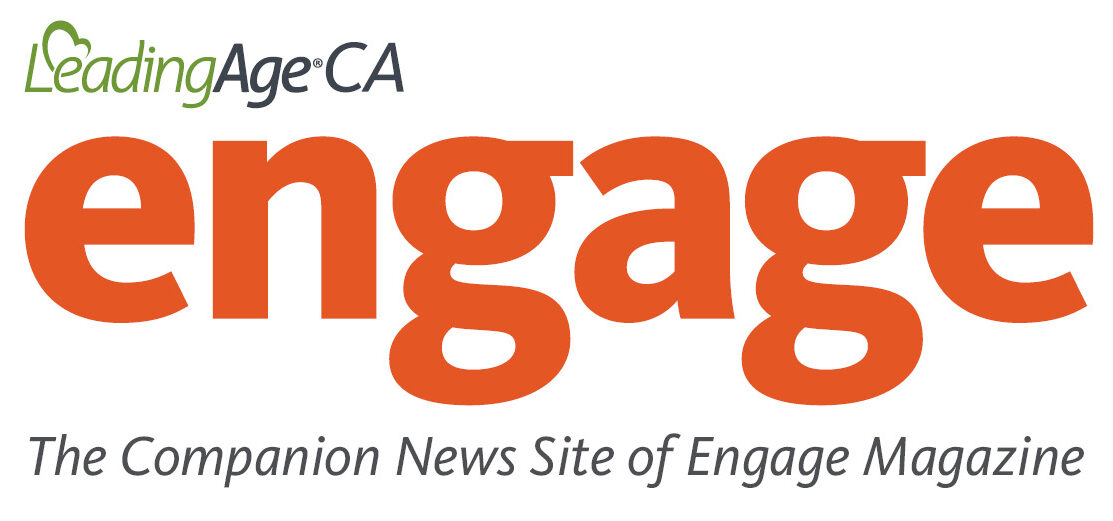By Brenda Klutz, Policy Consultant, LeadingAge California
In the past few years, there has been renewed attention to the social justice mission of many nonprofits, associations, educational institutions, and businesses. This renewed attention is reflected in the principles and practices of diversity, equity, inclusion, and access. (DEIA).
DEIA and Person-Centered Care
Our communities are as diverse as residents and staff. Long-term care facilities have long been required to recognize each person as unique in terms of inclusion, interests, abilities, experience, careers, preferences, means of communication, and care needs.
Examples of DEIA Principles and Practices Reflected in Federal Regulatory Requirements for SNFs
The following sections present a sample of federal requirements for SNFs that are clearly consistent with DEIA. There are similar requirements under state law for SNFs as well as Residential Care Facilities for the Elderly (RCFE). For more detailed information, please refer to the State Operations Manual, Appendix PP.
I. Resident Rights and Person-Centered Care 42 CFR 483.10
Person-centered care: focusing on the resident as the locus of control and support the resident in making their own choices and having control over their daily lives.
All residents have rights guaranteed to them under Federal and State laws and regulations. Activities and interactions with residents by any staff, or volunteers must promote self-esteem self-worth, incorporating resident goals, preferences, and choices. When providing care and services, staff must respect each resident’s individuality, as well as honor and value their input.
Respect and Dignity: Residents have rights, including:
- Treated with respect and dignity.
- Informed and participate in treatment.
- Receive understandable language about total health status…
- Development and implementation of person-centered plan of care.
- Incorporate personal and cultural preferences in developing goals of care.
- Reside and receive services in the facility with reasonable accommodation of resident needs and preferences that is essential to creating an individualized, home-like environment.
- Promote Resident self-determination through support of resident choice.
- Choose activities, schedules (including sleeping and waking times), health care and providers of health care services consistent with interests, assessments, and plan of care.
- Make choices about aspects of life in the facility that are significant to the resident.
Privacy and Confidentiality: The resident has a right to personal privacy, including:
- Accommodations, medical treatment, written and telephone communications, personal care, visits, and meetings of family and resident groups.
- Right to privacy in oral, written, and electronic communications, to send and promptly receive unopened mail and other letters, packages and other materials delivered to the facility for the resident.
Comprehensive Assessments
A facility must make a comprehensive assessment of a resident’s needs, strengths, goals, life history and preferences.
II. Quality of Life: 42 CFR 483.24
Quality of life applies to all care and services provided to facility residents. Each resident must receive, and the facility must provide the necessary care and services to attain or maintain the highest practicable physical, mental, and psychosocial well-being, consistent with the resident’s comprehensive assessment and plan of care.
The intent is to specify the facility’s responsibility to create and sustain an environment that humanizes and individualizes each resident’s quality of life by:
- Ensuring all staff, across all shifts and departments, understand the principles of quality of life, and honor and support these principles for each resident; and
- Ensuring the care and services provided are person-centered, and honor and support each resident’s preferences, choices, values, and beliefs.
III. Food and Nutrition: 42 CFR 483.60
Think about how many of our social engagements revolve around food. It would be a rare occasion that didn’t include sharing meals with co-workers, friends, and family. Facilities are required to:
- Provide each resident with a nourishing, palatable, well-balanced diet that meets his or her daily nutritional and special dietary needs, taking into consideration the preferences of each resident.
- Menus must reflect, the religious, cultural, and ethnic needs of the resident population, and input received from residents and resident groups.
- Provide eating equipment and utensils for residents who need them and appropriate assistance to ensure that the resident can use the assistive devices when consuming meals and snacks.
IV. Activities: 483.24(c)
Residents come to live in our communities with a lifetime of experiences, memories, careers, and accomplishments. Facilities are required to:
- Provide an ongoing program to support residents in choice of activities, designed to meet the interests of and support the physical, mental, and psychosocial well-being of each resident, encouraging both independence and interaction in the community.
- Implement a resident centered activities program that incorporates interests, hobbies, and cultural preferences.
- Create opportunities to have a meaningful life by supporting domains of wellness (security, autonomy, growth, connectedness, identity, joy and meaning).
For questions about this article, please contact Brenda Klutz at Brenda@brklutzconsultingllc.com


 The principles of DEIA are relevant regardless of the setting, and can be integrated into the cultures and operations of affordable housing, independent living, assisted living and/or skilled nursing facilities (SNFs). DEIA can help better meet the needs of the diverse communities that live, work, and visit.
The principles of DEIA are relevant regardless of the setting, and can be integrated into the cultures and operations of affordable housing, independent living, assisted living and/or skilled nursing facilities (SNFs). DEIA can help better meet the needs of the diverse communities that live, work, and visit.
